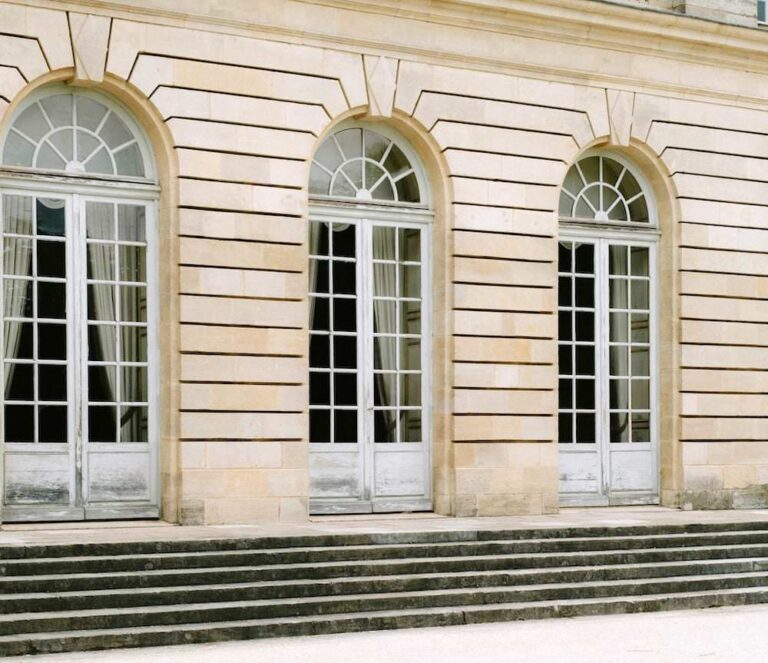Well, better, best
Understanding “Well,” “Better,” and “Best” in French
Adverbs like “well,” “better,” and “best” are essential for describing actions and making comparisons in French. But what exactly is an adverb? Simply put, an adverb is a word that describes a verb. It answers the questions how, when, where, or to what extent. Adjectives describes nouns, while adverbs describe verbs. Unlike adjectives, adverbs do not change form to agree with gender or number.
Translating “Well”
The French equivalent of “well” is bien. It is an adverb and does not change form, because adverbs do not agree with gender or number.
Examples:
- Elle parle bien français. (She speaks French well.)
- Ils travaillent bien ensemble. (They work well together.)
- Ce film est bien fait. (This movie is well made.)
Usage Tip: Bien modifies verbs, adjectives, or other adverbs. It describes how something is done, not what it is like.
Translating “Better”
The comparative form of “well” in French is mieux. It is also an adverb and is used to compare actions or qualities described by verbs.
Examples:
- Il chante mieux que son frère. (He sings better than his brother.)
- Nous travaillons mieux sous pression. (We work better under pressure.)
- Ce médicament fonctionne mieux que l’autre. (This medicine works better than the other one.)
Usage Tip: Do not confuse mieux with meilleur, which is an adjective meaning “better” and agrees with nouns.
Comparison Example:
- Ce vin est meilleur que l’autre. (This wine is better than the other one.) – Adjective (meilleur describes the noun vin).
- Ce vin se vend mieux que l’autre. (This wine sells better than the other one.) – Adverb (mieux describes the verb se vend).
Translating “Best”
The superlative form of “well” in French is le mieux. It indicates “the best” when referring to actions or qualities described by verbs.
Examples:
- Elle danse le mieux de tous. (She dances the best of all.)
- C’est lui qui parle anglais le mieux. (He is the one who speaks English the best.)
- Ce produit fonctionne le mieux dans ces conditions. (This product works the best in these conditions.)
Usage Tip: Use le mieux for superlative adverbs, but for adjectives, use le/la/les meilleur(e)(s).
Comparison Example:
- C’est le meilleur acteur. (He is the best actor.) – Adjective (meilleur describes the noun acteur).
- Il joue le mieux. (He acts the best.) – Adverb (le mieux describes the verb joue).
Common Pitfalls
- Confusing “better” as an adverb vs. adjective: Use mieux for adverbs (modifying actions) and meilleur for adjectives (modifying nouns).
- Elle cuisine mieux. (She cooks better.)
- Son plat est meilleur. (Her dish is better.)
- Forgetting the definite article with “best”: Always use le with mieux for superlative constructions.
- Il court le mieux. (He runs the best.)
- Misusing “well” and “good”: Remember that bien is an adverb (describes verbs) and bon is an adjective (describes nouns).
- Elle chante bien. (She sings well.)
- Elle a une bonne voix. (She has a good voice.)
Practice Exercises
Translate the following sentences into French:
- He plays soccer well.
- She swims better than me.
- This team performs the best in competitions.
- I sing better than before, but not the best.
Answers:
- Il joue bien au football.
- Elle nage mieux que moi.
- Cette équipe performe le mieux en compétitions.
- Je chante mieux qu’avant, mais pas le mieux.






